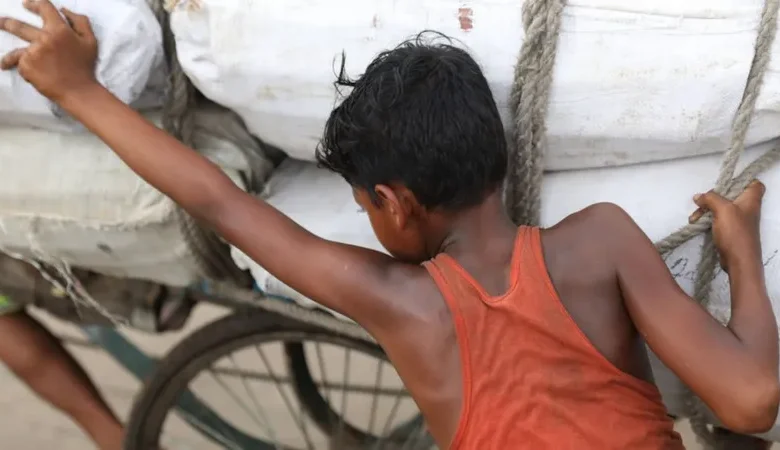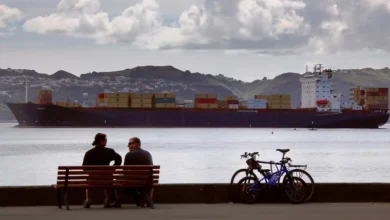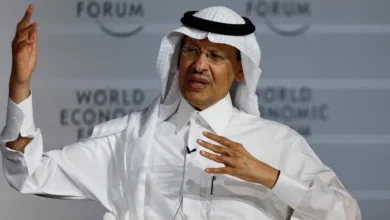EU backs law against forced labour in supply chains

European Union countries have agreed to a law requiring companies to ensure their supply chains do not cause environmental damage or use forced labour.
A majority of 17 out of the 27 members backed the legislation on Friday and there were no votes against it.
The agreement came only after substantial changes were made to the original text.
Critics argue that the law has now been diluted too much to be effective.
The Corporate Sustainability Due Diligence Directive (CSDDD) will mean European companies have to document that products they import adhere to environmental and human rights standards, such as not involving child labour.
They will also be required to prevent or minimise potential harm and to communicate their findings.
However, compromises made following weeks of negotiations on the draft text mean only larger businesses that have 1,000 employees or more and which have a net turnover of at least €450m (£384m; $489m) will be affected.
The original proposal was for it to affect firms with 500 employees or more and with a revenue of €150m.
The draft legislation must be approved by the European Parliament to become law – and MEPs are expected to back it.
Businesses will then be given time to implement the new practices.
Friday’s approval of the draft legislation comes after the bloc failed twice in February to get it approved.
Among the countries that objected to the original text were Germany and Italy, which feared it would hit their industries harder due to their high numbers of small and medium businesses.
There were also concerns that companies would remove themselves from the EU due to bureaucracy and legal risks.
Markus Beyrer, Director General of lobby group BusinessEurope, said the new rules would add “unparalleled obligations, set harsh sanctions with potential existential implications for companies, and unilaterally expose them to litigation from all parts of the world”.
“European companies with global operations, some with millions of indirect relationships, will be put at a disadvantage compared to their global competitors,” Mr Beyrer added.
Environmental and human rights campaigners welcomed the move to improve firms’ accountability, but voiced disappointment with the draft law.
According to the World Wide Fund for Nature (WWF), almost 70% of European companies have been removed from the new obligations due to the changes to the draft text.
“This spineless deal completely disregards the needs of both companies and communities to effectively tackle the impacts of climate change,” said Uku Lilleväli, a WWF spokesperson.
Oxfam’s Economic Justice lead Marc-Olivier Herman said “they slashed the rules to appease big business, dealing a blow to Europe’s self-claimed standing as a champion of democracy and human rights”.
Campaign group Anti-Slavery International wrote on X, formerly Twitter, that it was “very happy to see that the [European] Council has been able to come together and uphold this commitment, prioritising people and planet over political and business interests”.
But it added: “While today’s developments are very positive, we know that the quality of the law has been eroded by these post-agreement challenges.”










